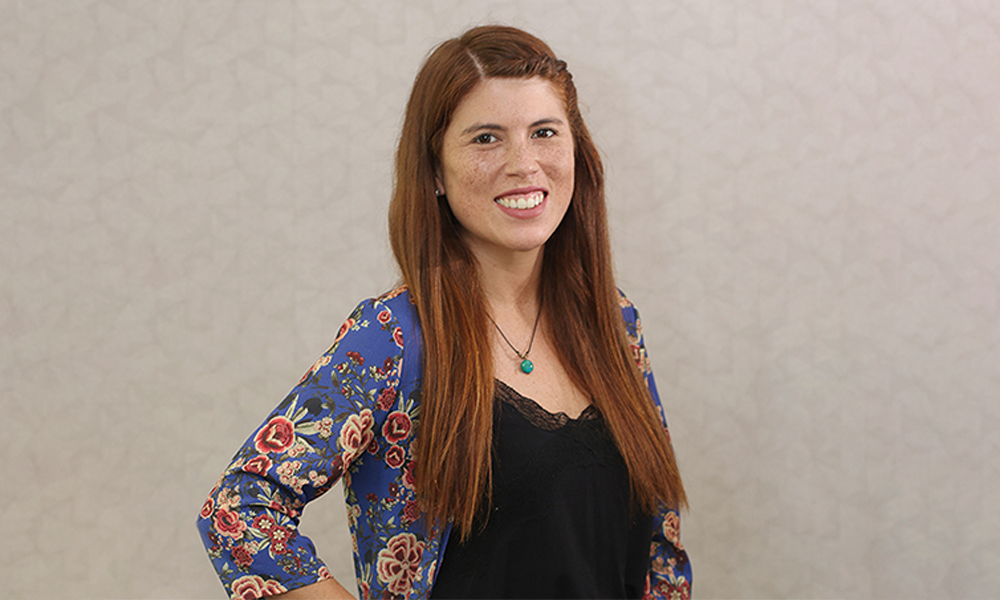Nearly two million students and more than 150 thousand teachers returned to classes during the first days of March. This return has been marked by uncertainty, anxiety and nervousness, but at the same time there is enthusiasm, joy and interest to meet again.
The educational psychologist and technical methodological manager of the Luksic Foundation’s MueveTP initiative, Dominga Ortiz, addressed this issue in an interview with Radio Biobío, where she gave guidelines to promote wellbeing and learning in educational communities.
How have you seen this reencounter within the schools? Is there a lot of anxiety about the period in which the educational communities stopped attending schools in person?
What we have seen in MueveTP these days is that students are arriving with a lot of vital energy, they want to share with their peers, talk and recover the socialization that was lost in the pandemic. Therefore, it is likely that, for a while, most students will want to do much of what they were deprived of by the pandemic, they may be more distracted in the classroom and very physically active.
In both teachers and students we have seen that pleasant emotions predominate in relation to the return, they are happy and excited to return, and the educational communities are making many efforts to give them a warm welcome. But it is also likely to see some anxieties linked to academic and socioemotional issues. The students have grown during these two years, their bonds have changed, and they have also experienced a more individual learning process. When they return, what they learned at home will become visible and it is likely that they will notice gaps in the handling of content between classmates, and this may challenge teachers even more.
It will also change the interaction in the classroom, in the sense that today there will no longer be a teacher with invisible children, with a camera turned off, but will see them face to face, which is an opportunity to strengthen the pedagogical and socioemotional link that is needed after two years where virtuality was the protagonist, as a result of Covid-19.
How to recover the learning lost during these two years? It is clear that teachers and schools were not prepared for online classes, that the school system was never designed in this way and that it implied multiple challenges for the whole community.
Although there is academic learning that could have been lost, we have seen a gain in learning that was not so much intended in schools, and which is related to the socioemotional dimension. One of the positive aspects to highlight is the importance of emotions and the well-being of people as a basic condition for learning any subject.
The return in no case has to be a race to recover what has been lost, but we have to look for mechanisms to integrate content with this new learning. In this sense, at the Luksic Foundation we are convinced that the role of adults is fundamental to promote learning and the wellbeing of the educational community.
Something we have observed is that the teaching teams must be taken care of by the decision-makers in the schools, such as the directors or the managers. It has been shown that if one cog in the chain fails, this will have repercussions on the quality of life of the educational community and on student learning. In times of crisis, the recommendation is to take care of oneself and move forward without pressure.
How are socioemotional aspects linked to the school curriculum?
There is no effective education if students are depressed, with low self-esteem, if they feel insecure or in spaces that do not give them confidence, that make them doubt their abilities or that subject them to excessive pressures. That is why it is very important to promote socioemotional learning integrated with traditional subjects, such as science, language and history. For example, in a language class on dramatic texts, a teacher could invite her students to act as different characters, and then work on recognizing the predominant emotions in each of them and the importance of empathy to achieve a good interpretation during the performance.
What role do families play in this back-to-school season? Many parents were also teachers during the pandemic and realized the tremendous work that teachers do to educate their children.
First of all, I think we have had a great opportunity as a country to recognize the role of teachers and their importance for society in the integral formation of people. Many mothers and fathers were teachers during this period, they understood the challenges involved in educating and we hope that this health crisis will allow us to strengthen the relationship between the family and the schools.
Regarding the role of mothers, fathers and caregivers in the return to school, the first and most important thing is to communicate with their children to know how they are experiencing the return, to accompany them and to validate the emotions they are feeling in this adaptation process, which will be slow -with ups and downs- but will be beneficial for everyone.
Additionally, it is important for parents to be aware of important changes in their children’s behavior during this period. For example, if they notice sleep disturbances, resistance to attend school, increases or decreases in appetite, abrupt changes in mood, among others, as these may be warning signs to request support from specialists.
After a period of crisis, people need to talk, we are social and emotional beings who require contact to grow, to learn, to be happy.

